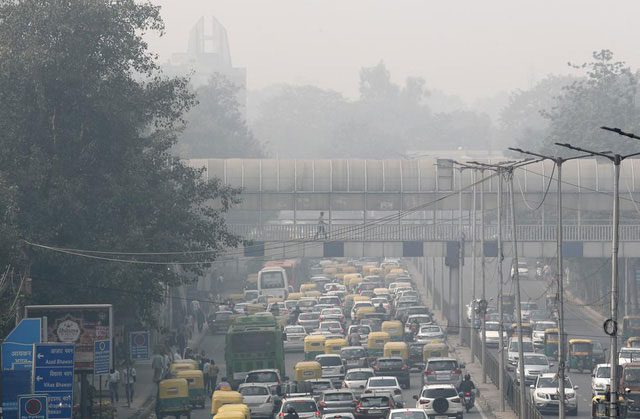A study has shown that the number of deaths related to air pollution, chemicals, and water sources accounted for 1 in 6 deaths globally in 2019.
According to the Pollution and Health Commission in the scientific journal The Lancet, pollution was responsible for 9 million deaths worldwide in 2019, and this number has remained unchanged since 2015.
More than 90% of pollution-related deaths occur in low- and middle-income countries. Most countries have done very little to address this “huge” public health issue.

(Image: AP)
A report published in the journal Lancet Planetary Health warned that pollution is the leading environmental factor contributing to disease and early death worldwide, and climate change and the gradual loss of wildlife are closely interconnected.
Researchers noted that taking action to address one issue could help tackle other crises.
The rapid transition away from all fossil fuels, which emit pollutants like particulate matter and nitrogen oxides as well as carbon emissions when burned for energy in vehicles, boilers, or power plants, towards clean renewable energy can help address air pollution as well as mitigate its effects.
Experts have observed a decline in deaths due to pollution linked to extreme poverty, such as lack of clean water, poor sanitation, and household air pollution from burning fuels like wood for cooking and heating.
However, deaths from outdoor air pollution and toxic chemicals such as lead poisoning have increased.
There are over 6.6 million premature deaths due to both indoor and outdoor air pollution, and this number is rising, the report stated, while lead and other chemicals are responsible for 1.8 million deaths each year.
Richard Fuller, the lead author of the study, stated: “Pollution prevention has received little attention in the international development agenda. Attention and funding have only increased minimally since 2015, despite the concerning rise in pollution and its impact on public health.”



















































